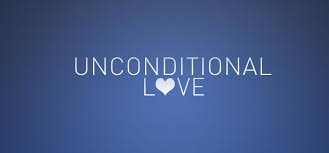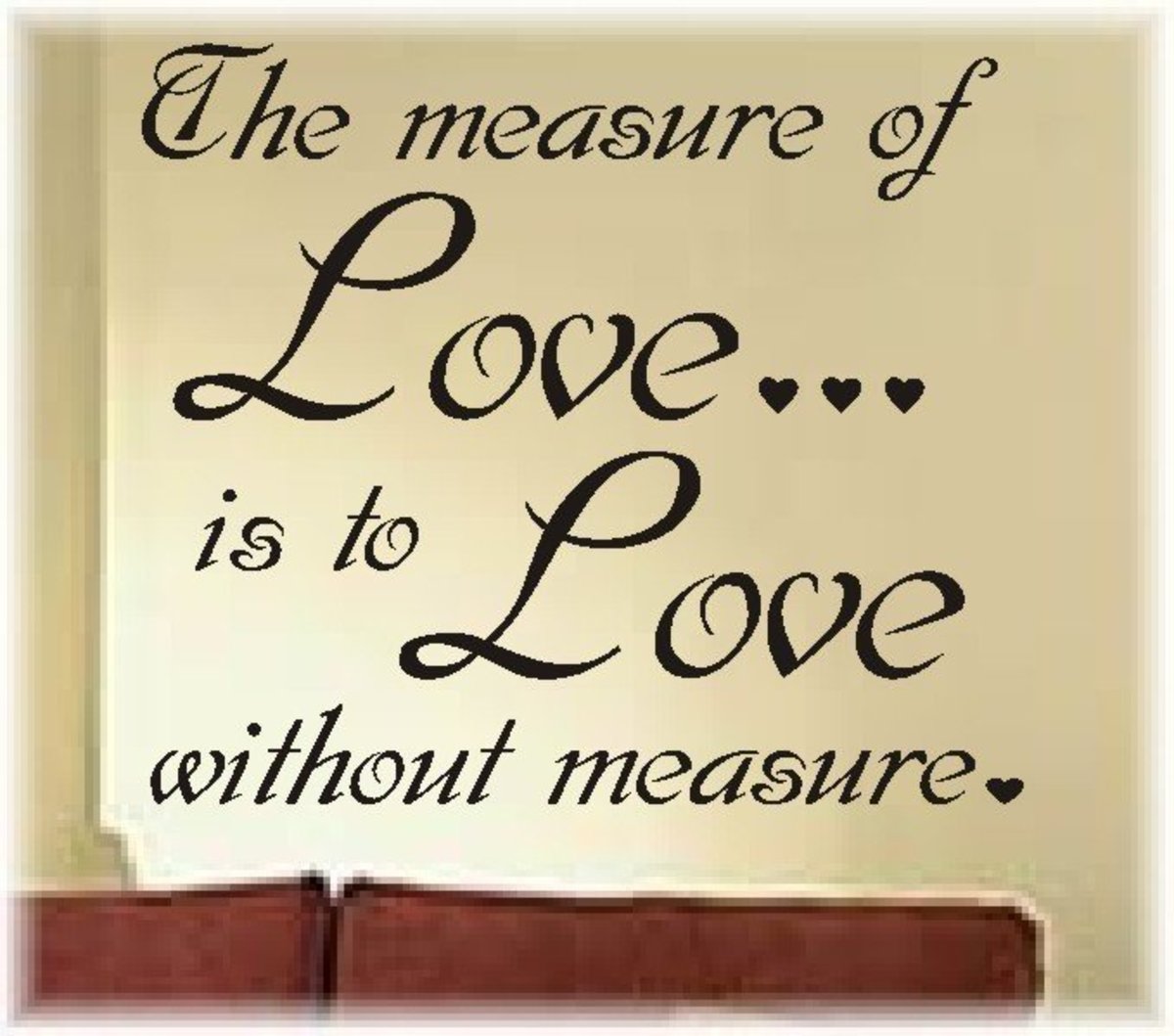- HubPages»
- Gender and Relationships»
- Relationship Problems & Advice»
- What is Love?
Debunking Some Myths about Unconditional Love

A question - does unconditional love even exist? - might have arisen often in the minds of many. It’s likely there are many people, who would say it doesn’t. Many of us believe that unconditional love cannot exist side by side with our needs, our imperfections, and our fears of being abandoned. This is a contradiction that the majority has about unconditional love.
In actual fact, unconditional love does exist. Love develops essentially over time but sometimes instantaneously. However, loving someone unconditionally requires effort and the daily choice to do so. Unconditional love entails that one chooses to remain committed to loving someone, no matter what, despite flaws, mistakes and even the pain one has caused.
Normally, the mother’s love is considered to be the epitome of the unconditional love. No doubt, some mothers do suffer neglect at the hands of their children but they never wish bad for them. There are many mothers, who have been left to degenerate in old-age homes by their own children but they always wish them good, whenever someone comes to visit them on behalf of their children. However, there are mothers, who are exceptions to the rule.
There are some myths about the unconditional love.
1. Unconditional love is abusive –
Unconditional love is often mistaken for tolerating abuse, poor behavior and other ills. If someone loves oneself unconditionally, it will become second nature to love others in the same way. While one gives love freely without expectations, one can set and defend personal boundaries knowing well that to do so is important for the health of the relationship. In the process, they also learn to realize when the space is required.
2. Unconditional love comes naturally –
Though it is inherently present in everyone, most of us don’t know it. It requires one to practice it frequently so as to make it a habit. The childhood is a phase when it can be learned and practiced with ease. It depends upon the family and interpersonal environment we had during the childhood and later. Unconditional love starts with self understanding, compassion, and self love. No one can truly love someone else if they don’t love themselves first.
3. My partner must love me unconditionally –
We should understand that love is a process, not a static condition. It’s a mutual commitment to move through whatever gets in the way of your love for one another.
You should begin to take responsibility for creating distance between you and your husband. When you start doing so, you move toward settling the issues amicably. When you can’t fix things on your own, you should look for help elsewhere.
4. Being physically attracted to someone else means we stop loving each other unconditionally –
When you see your spouse‘s attraction to someone other than yourself or vise versa, you may think that the spouse no longer loves you and you’re scared of losing the spouse.
You must realize that if the attraction isn’t acted upon, it expresses his or her love for you. His or her behavior is the criteria for love, not a short lived feeling of attraction.
5. To love unconditionally the partners should make each other happy –
Making each other happy is not a criterion for unconditional love. Conversely, one is attaching a condition to it if one thinks so. Instead of assuming that your spouse must make you happy, take time to listen deeply to one another about your concerns and feelings.
The criterion for love is listening to each other with empathy and expressing your needs in a skillful way creating conditions that works for both of you.
6. Unconditional love doesn’t allow breaking a relationship –
A relationship depends upon the mutual commitment of the partners to sustaining it. But it doesn’t imply that one cannot come out of an abusive relationship since the onus of sustaining it falls on the shoulders of both. An abusive relationship is always ruled by many conditions. So, one shouldn’t hesitate to break up such a relationship as it is no longer unconditional.
A relationship requires each individual to meet in the middle, with dual commitment for the present and the future. When it comes to a progress in a relationship, it’s critical for communication to be on point. Relationships demand hard work! There will be easy, seamless days but there will also be conflict and struggle.
The bottom line -
When these myths about unconditional love begin damaging your relationship, it’s time to think more deeply about what love really is. When you do, you’ll begin to discover that love is a process of mutually committing to hard work in an effort to constantly reconnect with your partner.








